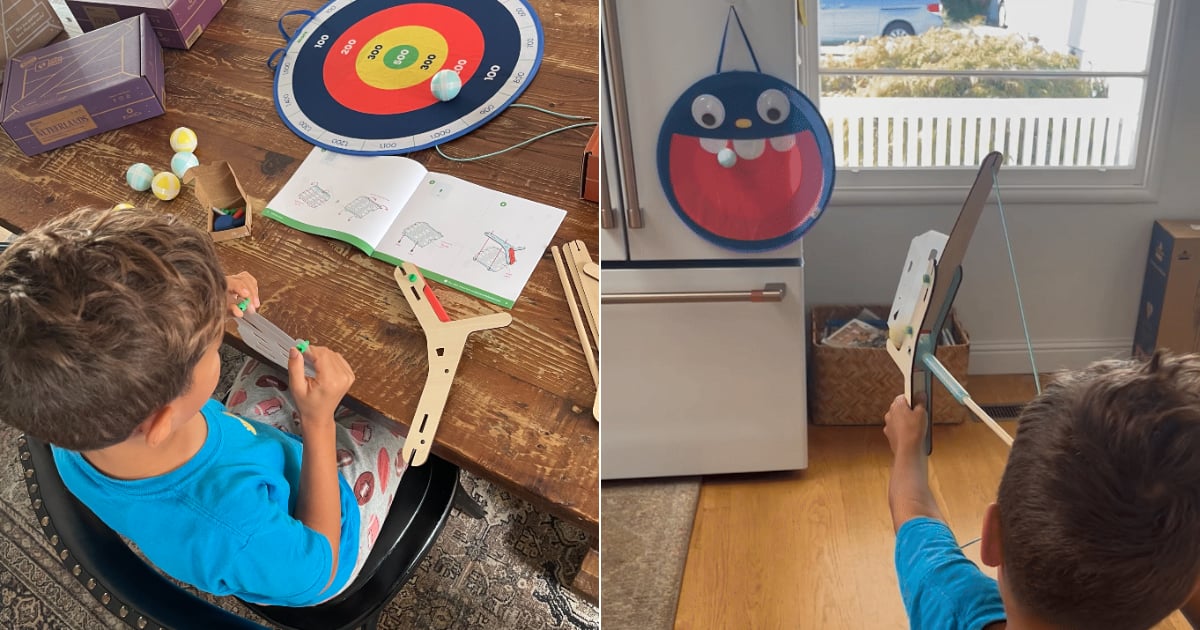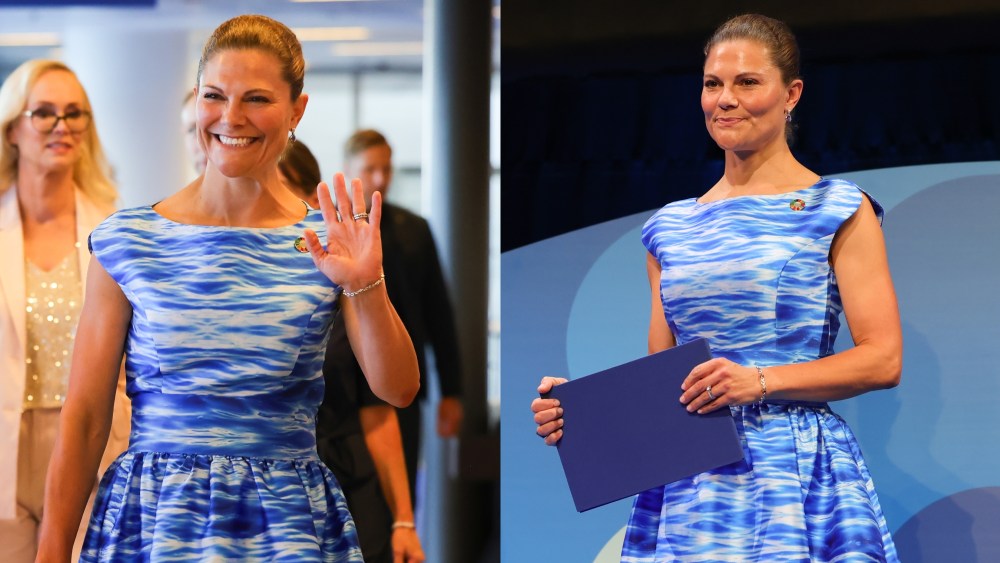LONDON — Despite slowing sales growth, Richemont is weathering luxury’s challenges better than some of its peers, with chairman Johann Rupert focusing on the long-term management of the business and looking forward to an eventual rebound in consumer confidence, especially in China.
“The Chinese will return — I have full confidence. There’s nothing wrong with a market, and the people there are the same. They work hard, they save, they are very smart,” said Rupert during a call following the fiscal 2024 results announcement on Friday.
“I think there was a drop in confidence, the social contract was broken and there were scars left by the COVID-19 lockdown. Ultimately, luxury goods sales are determined more by the feel-good factor than by disposable income, and we think it’s going to take longer for that feel-good factor to re-emerge in China,” Rupert added.
He has no idea when that might happen.
“If I did, I’d sell all my shares, and buy Chinese stocks at the right time. I don’t think anybody knows. At Richemont, we cannot plan for the next quarter, or the next six months. We don’t know what geopolitical events might occur, so we try to run our business so that it’s sustainable over five to 10 years,” he said.
Instead of trying to divine the near-term, Richemont is instead focusing on the positives, the “equity and desirability” of its brands, and its robust domestic business in the U.S., Japan, and the Middle East. Rupert is also sharpening the management structure with the appointment of Richemont veteran Nicolas Bos as chief executive officer.
Rupert has no intention of retiring or stepping back, and said Bos’ appointment is more about good succession planning and smooth transitions than anything else. Bos is currently CEO of Van Cleef & Arpels, and has been with Richemont for more than three decades.
“He joined as a baby,” said Rupert, who clearly has great admiration for the French executive, who is in his early 50s.
Rupert said Bos will have more responsibility than the current CEO, Jérôme Lambert. Bos’ role includes oversight of all the Richemont maisons, functions and regions, with a particular focus on jewelry, finance and human resources. Lambert will become chief operating officer, and report to Bos.
“Nicolas has proven operating experience in running Van Cleef and building it into a proper powerhouse,” said Rupert. He added that their long-standing working relationship would not change. “I told Nicolas that if he takes this job, he’s only got to promise me one thing: that he’ll keep on having fun.”
The beefed-up CEO role also signals better times ahead. Rupert suggested there is no longer any need for an ad hoc management structure, or a “war cabinet” of financially minded executives.
Rupert said that with the watch overstock crisis consigned to history, and with COVID-19 over, the time has come to put a more traditional corporate structure in place. “I’m asking Nicolas to assume some of the direct-line reporting that I used to have, which was cumbersome.”
Rupert recounted that when he first approached Bos a while back about becoming CEO, the Frenchman declined the offer “because he was having so much fun growing Van Cleef. And I found that very nice because that’s the kind of person you want as CEO — somebody who doesn’t want to have all that power,” said Rupert.
Rupert also talked about the company’s M&A plans.
Despite being a proud South African, and passionate about his fine jewelry brands, Rupert has zero interest in buying De Beers, which Anglo American has revealed it plans to sell or spin off as part of its efforts to unlock shareholder value.
“We are not in the mining business,” said Rupert, adding that he already said “no” to buying De Beers years ago, before Anglo American eventually took control of the business. “We just felt that we could not add value there,” said Rupert.
The company has also been making progress on the sale of Yoox Net-a-porter.
“There are very many parties still in talks, and private equity has not exited” the YNAP discussions, despite reports to the contrary, said Rupert. Burkhart Grund, Richemont’s chief finance officer, added: “We hope to be able to report more on progress later in the year.”
As reported, Richemont has classified YNAP as a discontinued operation listed for sale. It also revealed that sales declined by 14 percent in fiscal 2024 “in a challenging environment for luxury e-commerce.”
Richemont’s sales growth slowed progressively throughout fiscal 2024, with some categories and regions performing better than others.
The group posted a 1 percent decline in sales at actual rates in the fourth quarter. At constant exchange, fourth-quarter sales rose by 2 percent. Full-year sales rose by 3 percent at actual rates to 20.62 billion euros. At constant exchange they were up 8 percent.
Group operating profit was 4.8 billion euros, down 5 percent at reported rates, and up 13 percent at constant exchange rates.
Rupert described the results as “solid,” and said the gains were the result of “unfavorable foreign exchange movements, demanding comparatives, and ongoing macroeconomic and geopolitical uncertainty.”
All geographic regions posted growth for the full year at both actual and constant rates, with Japan, Asia Pacific and the Middle East delivering double-digit increases.
Stronger performance in the first half helped to counterbalance “a softening of sales” in Asia Pacific in the fourth quarter due chiefly to strong comparatives with the previous year.
Sales and profit figures were broadly in line with consensus figures from analysts, and the shares closed up 5.3 percent at 144.75 Swiss francs.
The Americas region grew 5 percent at constant exchange rates, and Richemont said the U.S. is now the group’s largest single market.
Richemont principals noted that sales have been flourishing in secondary markets with blossoming wealth, and in states such as Texas, Florida and North Carolina.
Cyrille Vigneron, president and CEO of Cartier, said U.S. demand bounced back in the second fiscal half, but only in certain parts of the country.
“There’s been a reshaping of the demand in the U.S., and while it’s a very strong market, it’s also very polarized. It’s not good for everyone, or for every city. Florida is really booming, but some other areas can be more difficult. There is a lot of granularity in the market” and growth is coming from a variety of different places, and customers, he said.
Group sales were powered by Richemont’s jewelry maisons, which include Cartier, Van Cleef & Arpels and Buccellati. Sales in the division rose by 6 percent at actual rates while operating profit was up 1 percent. Richemont said Buccellati sales more than quadrupled in the year.
In tune with market trends, the watch division did not fare as well as jewelry due to the strong Swiss franc and a slowdown in demand. Sales were down 3 percent, while operating profit fell 22 percent.
Rupert said watch market dynamics are changing, and Richemont is trying to adapt.
“I’m not at all gloomy about the Swiss watch industry, and we think there will be demand for Swiss watches. But I think the market is becoming more granular. Clients know a lot more and they can identify innovation and quality, so I do think there will be movement inside the market,” Rupert said.
Richemont is not alone in witnessing watch sales shrink. As reported, Swiss watch exports faltered in February in what has been a slow start to 2024. Exports contracted in value, slipping 3.8 percent year-on-year to just above 2 billion Swiss francs. By volume, they were down 5.2 percent, according to figures released by the Federation of the Swiss Watch Industry.
The industry organization said February was the first significant fall “after two years of steady growth,” and attributed the drop to an unfavorable base effect, and a steep decline in Greater China.
Richemont’s “other” division, which includes fashion, Watchfinder, watch component manufacturing and real estate, reported a 2 percent decline in sales and posted a 43 million loss at operating profit level.
Richemont said the fashion business broke even due to strict cost controls, and despite “softer” sales. However, most fashion maisons saw their sales increase, with double-digit growth at Alaïa.
Peter Millar and Delvaux also performed strongly, as did the most recent collections by Chloé and Dunhill, both of which have new creative directors. Montblanc’s higher priced designs have also been performing well, Richemont said.
Richemont’s sales at reported rates had been slowing throughout fiscal 2024, which ended on March 31.
In the third fiscal quarter, they rose 4 percent at actual exchange rates to 5.6 billion euros, bolstered by strong demand for jewelry in markets such as Japan, mainland China, and North America. At constant exchange, growth was 8 percent in the three-month period.
Overall, growth in the third quarter was slower than in the first six months of the year, when Richemont saw revenue climb 6 percent at actual rates and 12 percent at constant ones.



